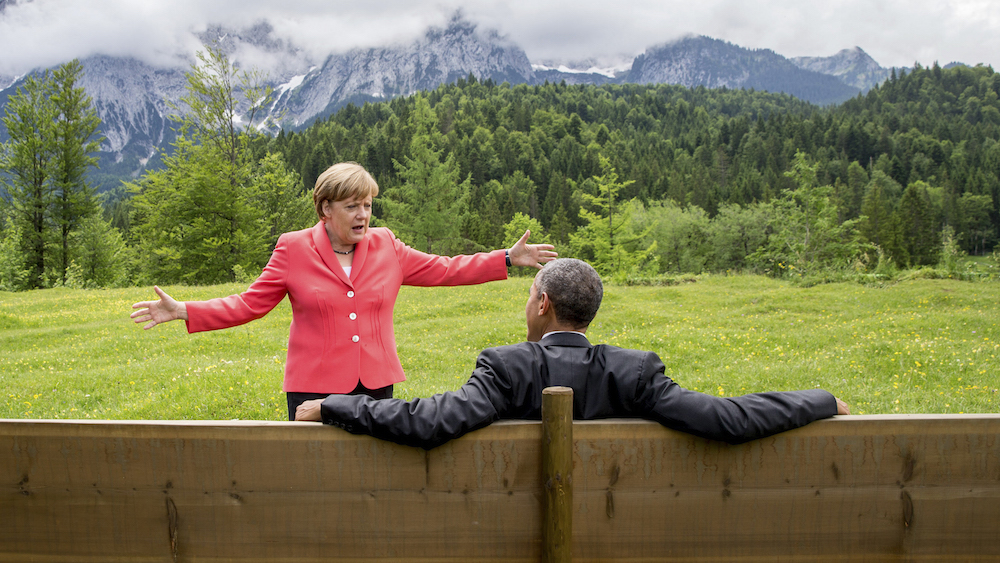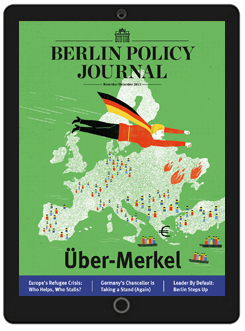An executive power like the US exercises a completely different leadership style than a consensus-based power like Germany. Leaders on both sides should keep this in mind.
Winston Churchill reminded us that democracy is the worst form of government except all the others that have been tried. Even within democracy, the many variations that have been attempted sometimes have trouble speaking the same language – literally and figuratively.Two of them, in the United Stares and in the Federal Republic of Germany, illustrate varying structures and styles of democracy, each with advantages and disadvantages. The measure of both is their capacity for leadership and their ability to govern effectively; but the two systems operate differently, with different arrangements of power, institutions, and processes reflecting their origins and experiences. Understanding these differences helps to illuminate policy-making priorities, processes, and outcomes – which is important when two countries are finding common ground, and even more so when they are not.
Both President Barack Obama and Chancellor Angela Merkel are skilled politicians who are confronted with political, social, and economic forces when making policy and interacting with the institutions of their respective systems of government. Both need to shape the narratives around their policy choices to secure domestic political support and leverage in dealing with other national governments. German and American leaders share this challenge, even though they operate in very different environments. …
Read the complete article in the Berlin Policy Journal App – November/December 2015 issue.








